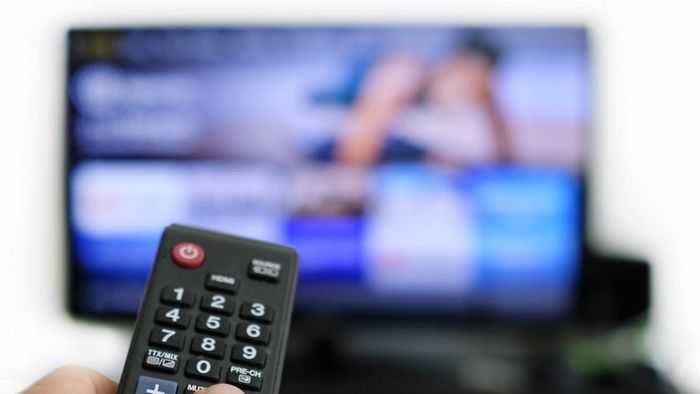PRICE HIKE: The TV licence is likely to rise by around £7 next year (Image: Wirestock/Getty)
The cost of a TV licence is expected to rise above £180 next year, hitting the pockets of millions of households. The licence fee is set by the Government and usually increases in April.
The annual fee typically rises in line the previous September’s Consumer Price Index (CPI) inflation rate, which has been confirmed at 3.8%. This means the cost of a colour TV licence would go up from £174.50 to just over £181 next April, although this hasn’t been been confirmed the Government, yet.
Figures from the BBC revealed that around 300,000 households stopped paying their licence fee last year. A TV licence is legally required if you watch live programmes on any channel, reports the Mirror.
A licence is also required if you record live TV or use BBC iPlayer at all. However, you don’t need a TV licence if you only watch on catch-up via other streaming services, such as Netflix, Amazon Prime, ITVX, Disney Plus, YouTube, All 4 or My5 – but, you do need a TV licence if you’re tuning into live shows through these alternative services.
MORE ON FINANCES
If you’re caught watching programmes that require a TV licence, then you could be fined up to £1,000. The maximum fine is £2,000 in Guernsey, plus any legal costs or compensation you may be ordered to pay.
Certain people are entitled to a free or reduced price TV licence:
Those over the age of 75 who claim Pension Credit do not need to pay for a TV licence. The amount you could claim back depends on how long is left on your existing TV licence. If you no longer require your TV licence before it expires, you could be eligible for a refund, for example, if you’re relocating to a property that already has a TV licence.If you live in residential care or sheltered housing, you might qualify for a concessionary TV licence, which currently stands at £7.50 per room, flat or bungalow. If someone in your household is blind or severely sight-impaired, you would be entitled to a 50% discount on the cost of your TV licence.Students living away from home might be covered under their parents’ TV licence, but only if they’re watching programmes on a device that isn’t connected to the mains, such as a mobile phone, tablet or laptop.READ NEXT

